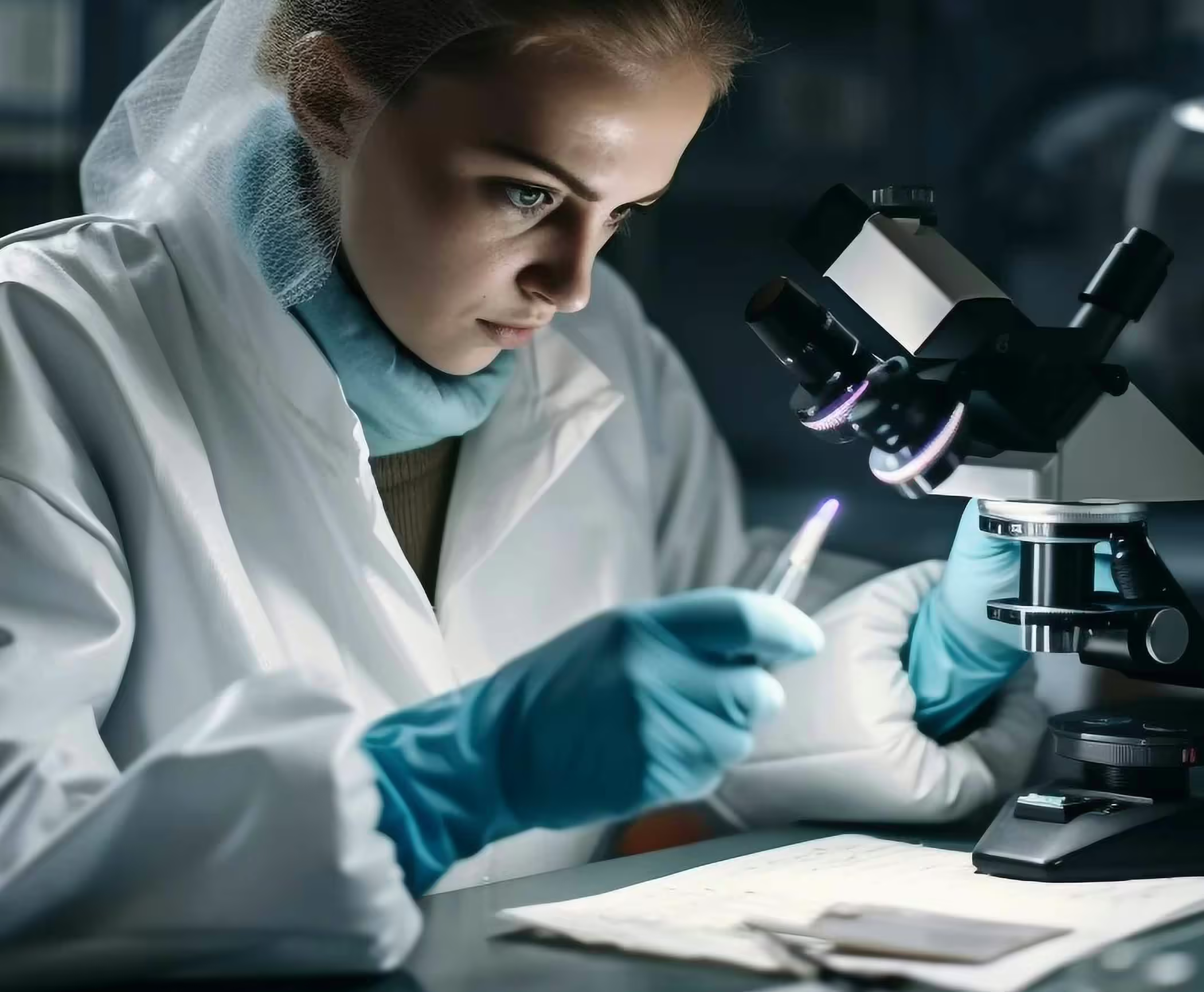Laboratory Fraud
Surge in illegal practices by laboratories.
Price Armstrong has filed claims under the False Claims Act against companies who have defrauded Medicare and Medicaid.

What Is Laboratory Fraud?
Laboratory fraud occurs when clinical laboratories purposely falsify results and medical tests, or deceive doctors into conducting medically unnecessary tests. One category of violations under the False Claims Act is Laboratory Fraud. The increasing availability of testing services has given rise to a surge in fraudulent and illegal practices by laboratories. These laboratories seek to defraud the government through their abuse of Medicare and other third-party payors.
Common types of Laboratory Fraud
Common types of laboratory fraud include:
- Billing Medicare and Medicaid for medically unnecessary tests
- Billing for tests that have not been performed
- Billing for tests on expired medium
- Unbundling tests to bill each test individually
- Performing tests at an unlicensed facility
- Billing tests that were performed by unlicensed or unqualified personnel
- Violating the Anti-Kickback Statute and False Claims Act through physician and hospital incentivized referrals
- Deliberate evasion or violation of the regulatory requirements of the Clinical Laboratory Improvement Act (CLIA)
Why Is Lab Fraud harmful?
Medicare provides the largest payments to clinical laboratories in the United States. In 2017 alone, Medicare paid over $7 billion for laboratory services. Despite the rigid regulatory framework around Medicare, the tremendous amount of taxpayer dollars allocated towards laboratory services incentivizes laboratories to exploit the system.
Laboratories that prioritize profits by cutting corners, evading regulation, and ignoring health safeguards pose a significant risk to patient safety, all at the enormous expense of U.S. taxpayers.
Amid a global viral pandemic, our dependence on clinical laboratories has never been greater. Although some laboratories faithfully fulfill their duties and serve a vital role in our healthcare system, other laboratories and testing facilities ignore their ethical responsibilities and willfully participate in fraudulent practices, leading to massive waste and abuse of taxpayer dollars, and causing untold harm to the integrity of healthcare delivery.
The United States has already recovered tens of millions of dollars in false claims from laboratories, yet these fraudulent practices still continue. In the midst of the COVID-19 global pandemic, these harmful and illegal practices pose an even more ominous threat to patient safety. Fortunately, False Claims Act cases brought by whistleblowers serve as a powerful check against these fraudulent practices.

Protection & Rewards
The False Claims Act relies on whistleblowers to flag and report fraudulent medical practices. Because of this important role, the government takes a myriad of measures to protect whistleblowers against workplace retaliation. Under §3730(h) of the False Claims Act, any employee who is discharged, demoted, harassed, or discriminated against because of lawful acts by the employee in furtherance of an action under the Act is entitled to all relief necessary to make the employee whole. Such relief may include: reinstatement, double back pay, and compensation for any special damages including litigation costs and attorneys’ fees.
In addition to workplace retaliation protection, whistleblowers who file a False Claims Act lawsuit may also receive monetary rewards. If the government intervenes and takes the case, then the whistleblower may receive between 15% to 20% of what the government recovers. If the government does not intervene and the whistleblower’s attorney moves forward with the case, then the whistleblower’s share increases to 25% to 30%.
Steps to report Laboratory Fraud.
If you are aware of laboratory fraud and are ready to report this illegal practice, follow these steps:
Contact an attorney
Contact a Laboratory Fraud attorney for a confidential, free consultation. During this initial meeting, your lawyer will discuss your options and protection going forward.
File the suit
If your case qualifies for a qui tam lawsuit, the claim will be filed by your attorney against the party committing the fraud. This suit is filed under seal and remains so during the course of the investigation–your identity is protected throughout the process.
Federal government decides
The federal government will decide whether or not it will intervene. If the government declines to intervene, then you and your attorney will proceed with the litigation. If the government does intervene, as it does 15% of the time, then they will litigate the case going forward.
Receive a reward
If the government proceeds, then you will still be entitled to 15%-20% of the recovery. If you and your lawyer achieve a successful result, then you will be entitled 25%-30% of the recovery.
Reach out and take advantage of our free case evaluation.
All your communications with PriceArmstrong will be kept confidential and, if we take your case, there are no-out-of pocket costs to you.